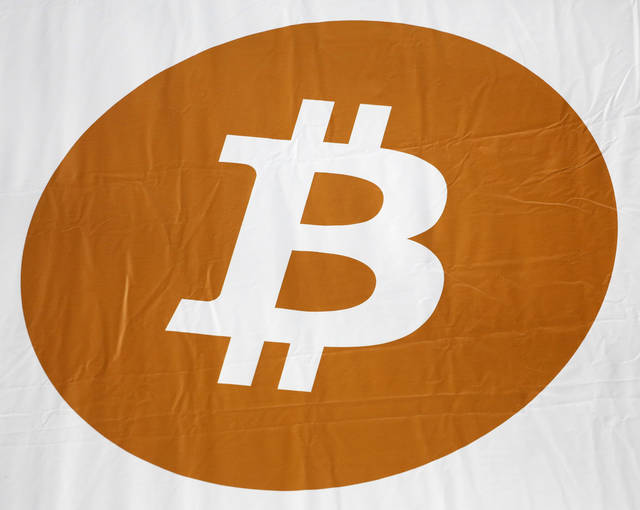NEW YORK — The price of bitcoin swung wildly Thursday, rising to more than $19,000 only to fall sharply within minutes, as both the euphoria and anxiety surrounding the virtual currency escalated just days before it starts trading on a major U.S. exchange.
At 3:25 p.m. EST, bitcoin was valued at $15,930, according to Coinbase, after briefly surging above $19,000 Thursday morning. At the start of the year, one bitcoin was worth less than $1,000.
The swings in price occurred as the trading community prepares for bitcoin to start trading on two established U.S. exchanges. Futures for bitcoin will start trading on the Chicago Board Options Exchange on Sunday evening and on the Chicago Mercantile Exchange a week later.
Yet the onset of futures trading has parts of Wall Street concerned. A group of banks came out and complained that federal regulators approved the futures, which begin trading on Sunday, too quickly and without properly considering the risks inherent in bitcoin.
The futures signal more mainstream acceptance of the currency, but also open up bitcoin to additional market forces. Futures allow for the shorting of bitcoin — that is betting that the price of bitcoin will go down — which presently is very difficult to near impossible to do. With the currency’s tremendous run up in price in recent days, it could become a target for those who doubt that it deserves its current lofty value.
The Futures Industry Association, which represents Wall Street’s biggest banks and clearinghouses, sent a letter to the Commodities Futures Trading Commission, saying that as the guarantors of customers’ trades, they should have been consulted before trading in bitcoin futures was approved. They expressed concern that the extreme volatility tied into bitcoin could leave clearinghouses exposed when the futures move too violently.
The frenzy of interest and the rapid rise in the price of bitcoin has put significant strain on the major bitcoin exchanges. Coinbase, the largest bitcoin exchange, at one point tweeted that record-high traffic had caused interruptions to its service. Bitfinex, which trades several digital currencies including Bitcoin, tweeted out that it had suffered an unusual surge in traffic the last few days.
Bitcoin is the world’s most popular virtual currency. Such currencies are not tied to a bank or government and allow users to spend money anonymously. They are basically lines of computer code that are digitally signed each time they are traded.
A debate is raging on the merits of such currencies. Some say they serve merely to facilitate money laundering and illicit, anonymous payments. Others say they can be helpful methods of payment, such as in crisis situations where national currencies have collapsed.
Miners of bitcoins and other virtual currencies help keep the systems honest by having their computers keep a global running tally of transactions. That prevents cheaters from spending the same digital coin twice.
Online security is a vital concern for such dealings.
In Japan, following the failure of a bitcoin exchange called Mt. Gox, new laws were enacted to regulate bitcoin and other virtual currencies. Mt. Gox shut down in February 2014, saying it lost about 850,000 bitcoins, possibly to hackers.
Earlier Thursday, NiceHash, a company that mines bitcoins on behalf of customers, said it is investigating a breach that may have resulted in the theft of about $70 million worth of bitcoin.
———
Elaine Kurtenbach in Tokyo contributed to this report.


